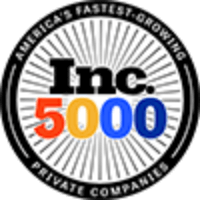This just in: Disney has “dramatically” slashed its advertising budget on Facebook and Instagram. According to WSJ, Disney is the latest advertiser to join the boycott stemming from the social media ad platform’s handling of hate speech and divisive content.
To date, more than 200 brands have joined an ad boycott against Facebook, including Adidas, Chipotle, Clorox, Coca-Cola, Conagra, Denny’s, Ford, HP, Pfizer, Puma, Starbucks, and Walmart (the retailer spent more than $145 million in 2019 making it Facebook’s second-largest advertiser last year). The boycott stems from the #StopHateforProfit campaign, which calls on big brands to pull ad spending from Facebook in July.
Additional civil rights organizations have joined the call for an ad boycott, saying the company does not do enough to stop racist and violent content. This is at a time when Facebook’s own internal audit just announced that the company had not done enough to protect people from discriminatory posts while using the social media platform. Headlines like these seem like body blows, but you must consider the scale of Facebook. So far, the advertiser backlash has cost Facebook at least $150 million. Unbelievably, this represents less than 1% of the $17 billion in ad revenue Facebook earned in Q2 of 2020. In fact, Facebook’s top 100 biggest ad spenders on Facebook only represent less than 6% of its total revenue, according Pathmatics. Just 13 of the boycotting advertisers are in the top 1,000 spenders on Facebook ads in the U.S. the first half of this year.
Yet, at Leverage Lab, we cannot help but believe this is an opportunity for online publishers to steal back some ad budget from the social media giant. As the boycott continues there is a chance that advertisers might learn to live without Facebook as it is likely sales will not dip as much as historical campaign data might suggest. Advertisers have not always felt comfortable with the veracity of Facebook analytics data.
Are you looking to reduce your company’s Facebook spend? Talk to us to find out how to use your first-party data as a Facebook alternative for advertisers.







